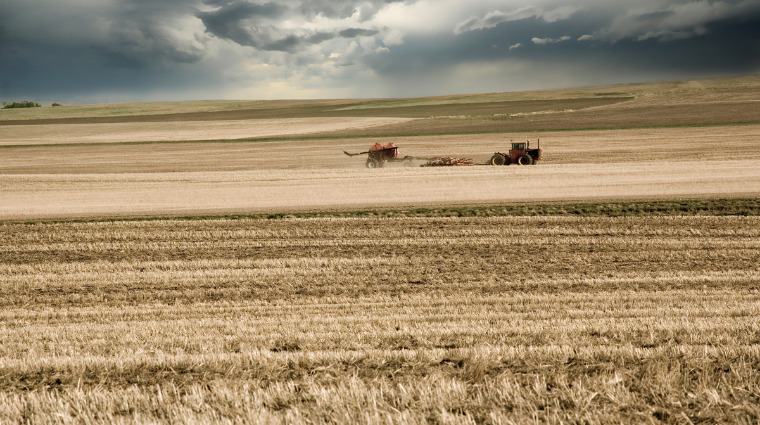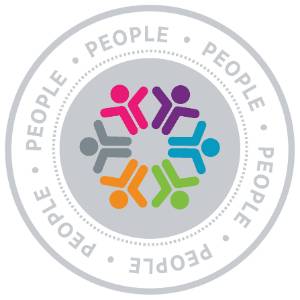
January 18, 2022 – The first phase of a Saskatchewan Polytechnic applied research project to identify key features for a mental health support system for Saskatchewan farmers and ranchers is wrapping up this month.
Farming and ranching can be high stress occupations. Some studies have shown that farmers and ranchers are at a higher risk of anxiety and depression compared to the general population. Farming and ranching families often face challenges that are beyond their control such as weather, pests, disease, high-input costs and volatile markets.
Since the launch of the Farmer and Rancher Mental Health (FARMh) initiative in January 2021, over 100 people have participated in the project.
“For the past year our research team has been recruiting Saskatchewan farmers and ranchers to participate in a telephone interview and survey for the FARMh study,” says Michelle Pavloff, Sask Polytech research chair for rural health and principal investigator. “The response has been overwhelming. Thank you to everyone that has participated to date. We have ideas from over 100 farmers and ranchers on effective mental health supports. We will continue to conduct interviews and leave the survey open until the end of January.”
Shari Laventure, who works as a marketing specialist for Cargill, is helping collect data for the FARMh project. As a patient-advisor for the project, she’s conducting interviews with farmers and ranchers, asking about their experiences and asking their recommendations on accessing mental health supports.
“I wanted to get involved with the FARMh project as I lost my brother, who died by suicide in 2015,” says Laventure. “I’m really passionate about suicide prevention and erasing the stigma of asking for mental health support. I feel like a really valued member of the FARMh team and am excited for the next phase of the project.”
Phase one of the study will inform the next steps in planning a mental health program that will be designed by Saskatchewan ranchers and farmers for Saskatchewan ranchers and farmers.
“The FARMh team is thankful for the support we have received to date, it’s been amazing,” says Pavloff. “Everyone on the FARMh research team comes from a rural or agricultural background. We are passionate about improving the mental health for Saskatchewan’s rural farmers and ranchers. We want to create a program that provides the right resources at the right time to support mental health and well-being.”
Phase two of the study will propose interventions to trial in 2022 and 2023. The research team has partnered with the Massage Therapy Association of Saskatchewan to have rural registered massage therapists assess anxiety and depression with their farmer and rancher clients. The FARMh team has also partnered with Seniors Centers Without Walls Saskatchewan and YOUth Matter Canada to offer mental wellness strategies. They will also work with Cargill to train employees in mental health first aid and suicide intervention.
More information on phase two of the study will be shared on the project website at saskpolytech.ca/farmh.
To participate in phase one of the study, farmers and/or ranchers must own or lease their farm or ranch and be working on their farm or ranch. Participants must be over 18 and live in Saskatchewan. For more information about this study or to volunteer please contact Michelle Pavloff, Sask Polytech research chair for rural health, at Michelle.Pavloff@saskpolytech.ca or 1-639-414-FARM (3276). This project has been approved by the University of Saskatchewan Research Ethics Board (REB # 2174).
The FARMh project is funded by the Centre for Health Research, Improvement and Scholarship (CHRIS) at Sask Polytech, Saskatchewan Center for Patient Oriented Research, the Saskatchewan Health Research Foundation, Cargill, and donations from Saskatchewan farmers and ranchers.
Saskatchewan Polytechnic is signatory to the SDG Accord. Sustainable Development Goal alignment is one of the ways Sask Polytech is leading the rise of polytechnic education.


